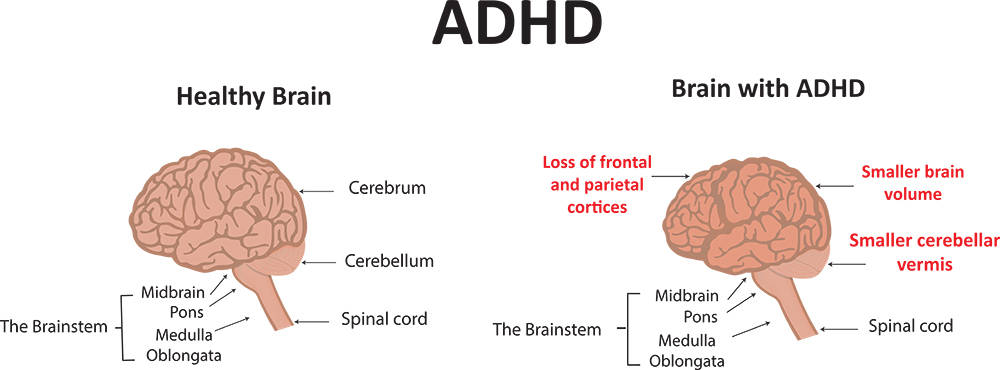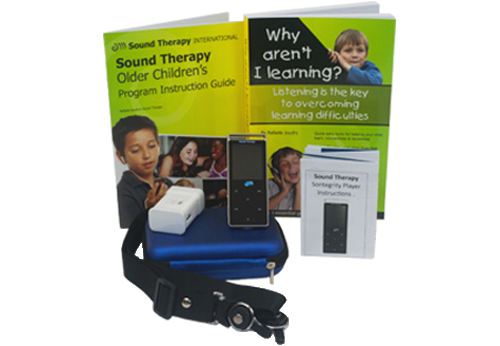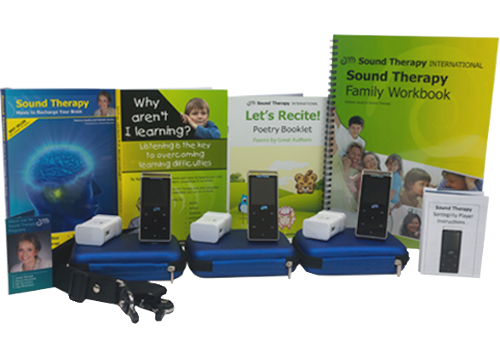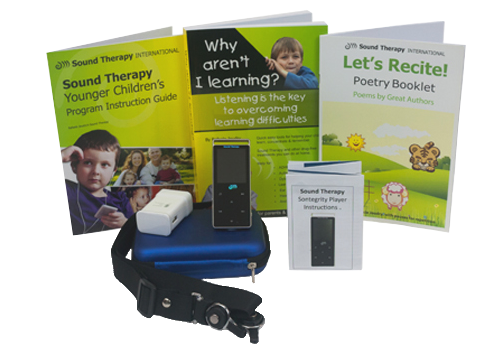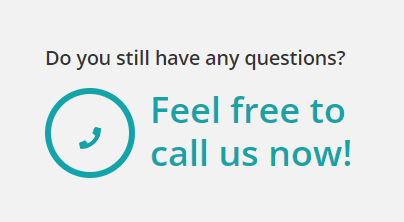ADD/ ADHD ADD/ ADHD and Sound Therapy
A drug free method to normalise concentration and behaviour


Recognising ADHD is usually a gradual process for the parents. First the behaviour is put down to the ‘Terrible Twos’, but when it turns into the ‘Terrible Threes’ and ‘Terrible Fours’ and ‘Terrible Fives’, parents realise something is definitely amiss.
On the other hand, sometimes parents of hyperactive children do not realise their child is hyperactive, yet it is patently obvious to outsiders who are not used to being exposed to such a whirlwind of activity. If several outsiders have commented, it may be wise to look into getting help for your child.
ADHD, which includes the former definition of ADD, is believed to be a disorder of the brain’s neurotransmitter chemicals, noradrenaline and dopamine. Some research has begun to identify possible areas of the brain which may be involved. The greatest reduction in brain metabolism is in areas believed to be important in the control of motor activity, attention, and the inhibition of inappropriate responses.
However, the only way of diagnosing the condition is by assessing the child on a number of behavioural standards. These behaviours relate to the ability of the child to focus attention and to use judgement and inhibition.


